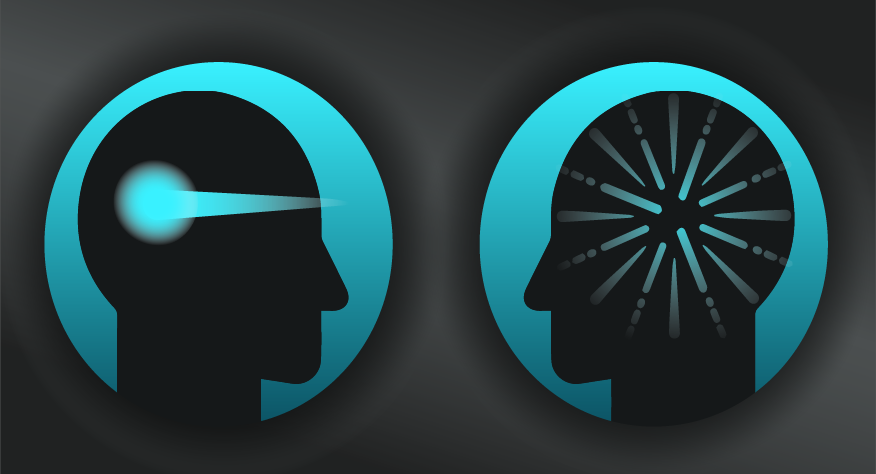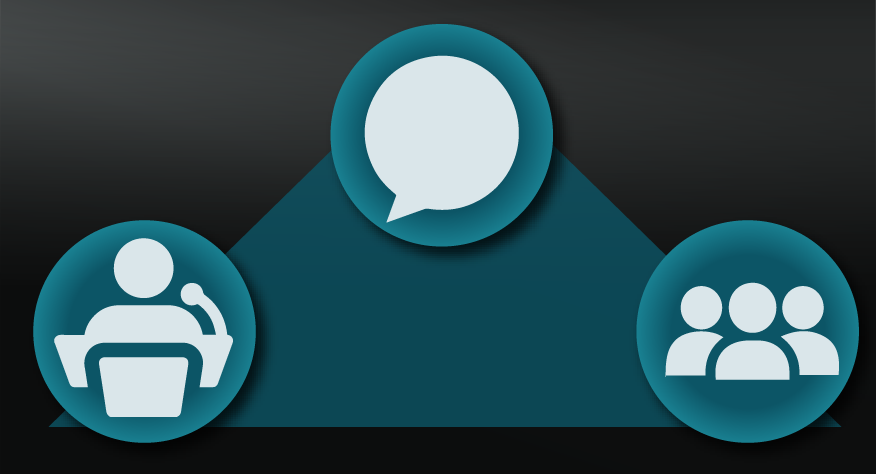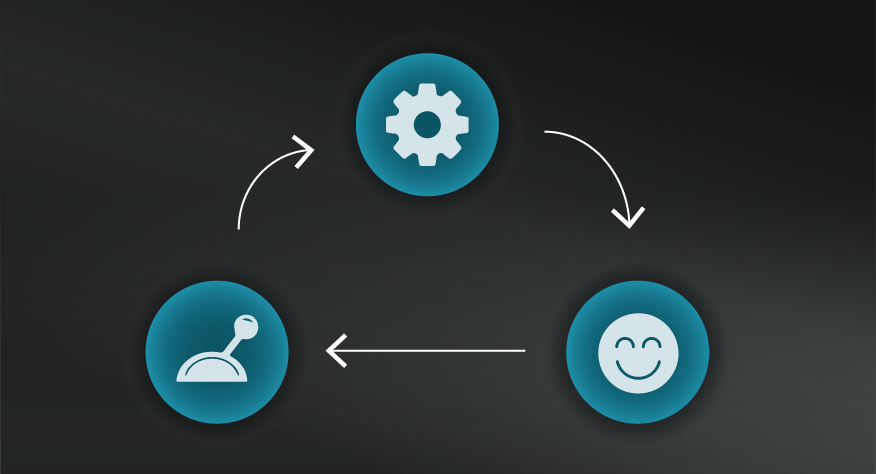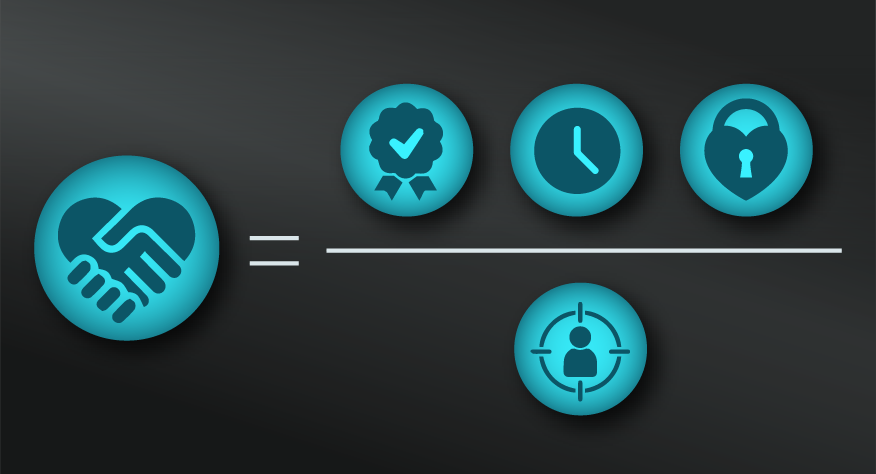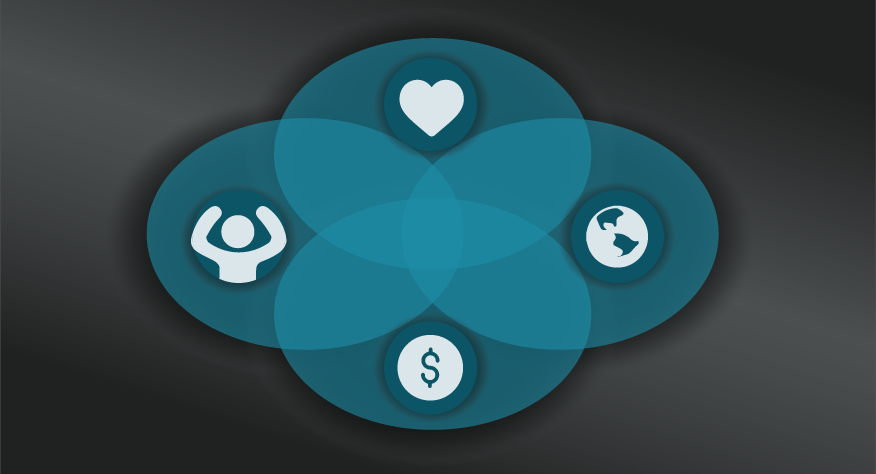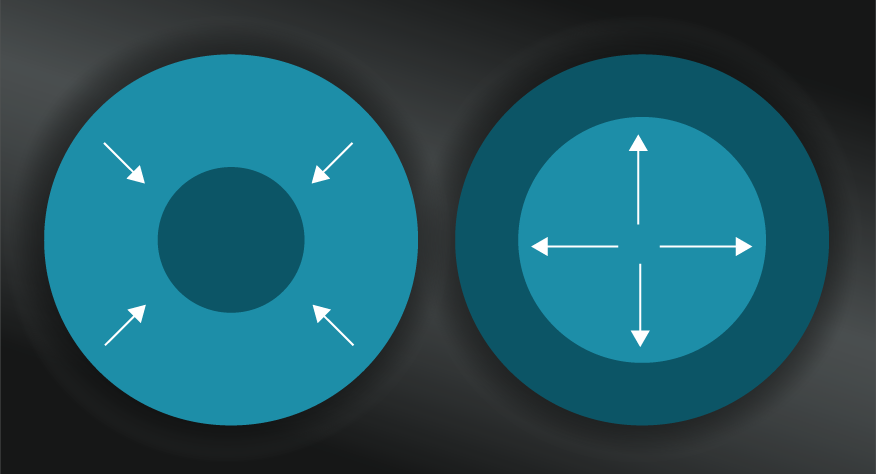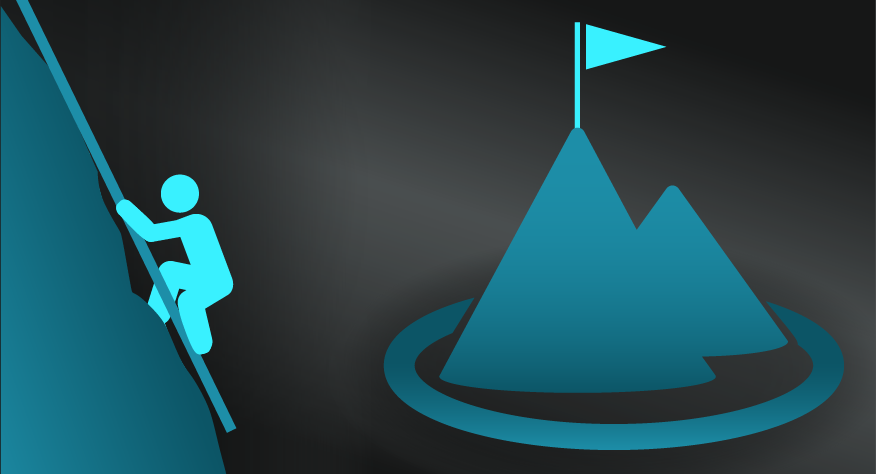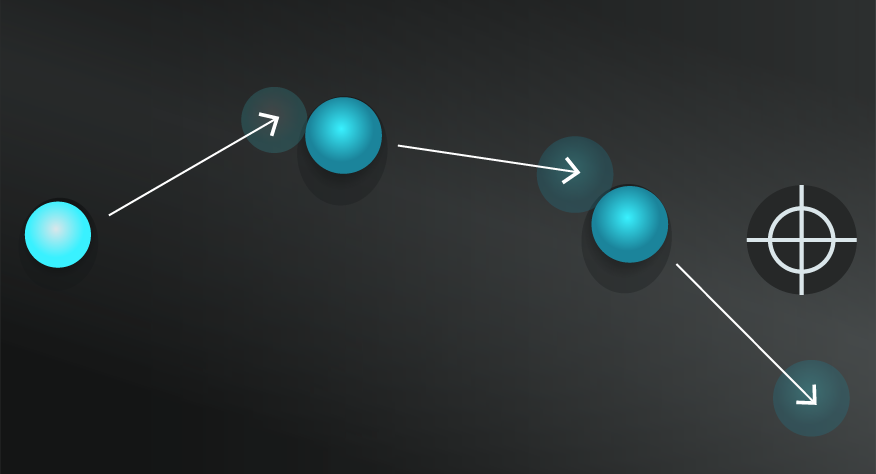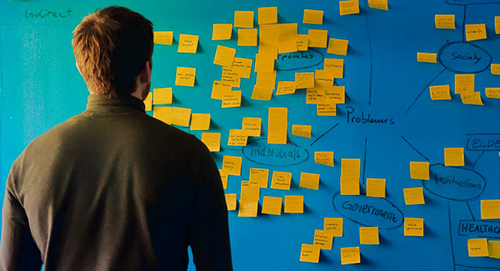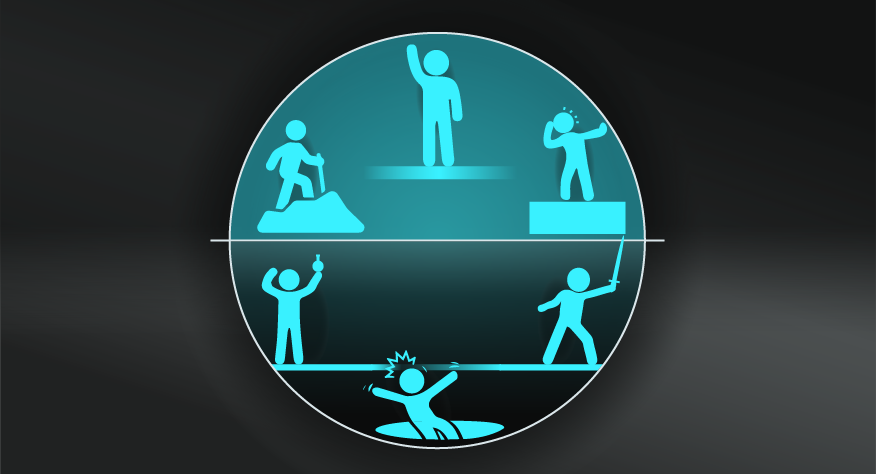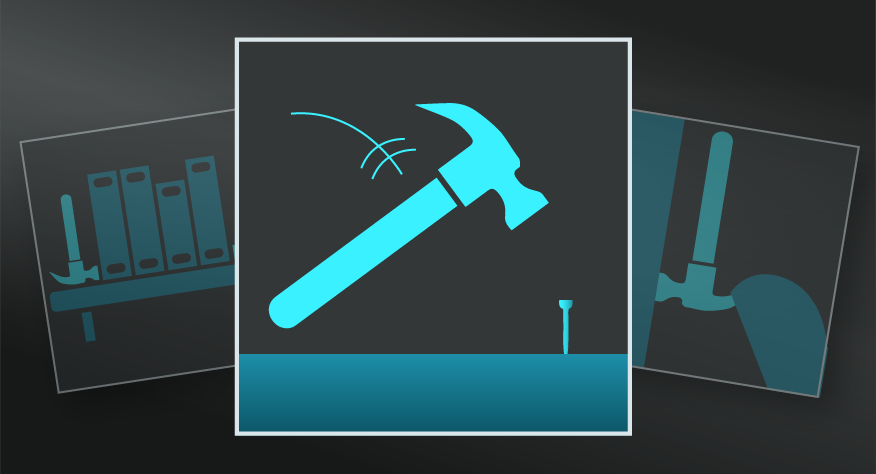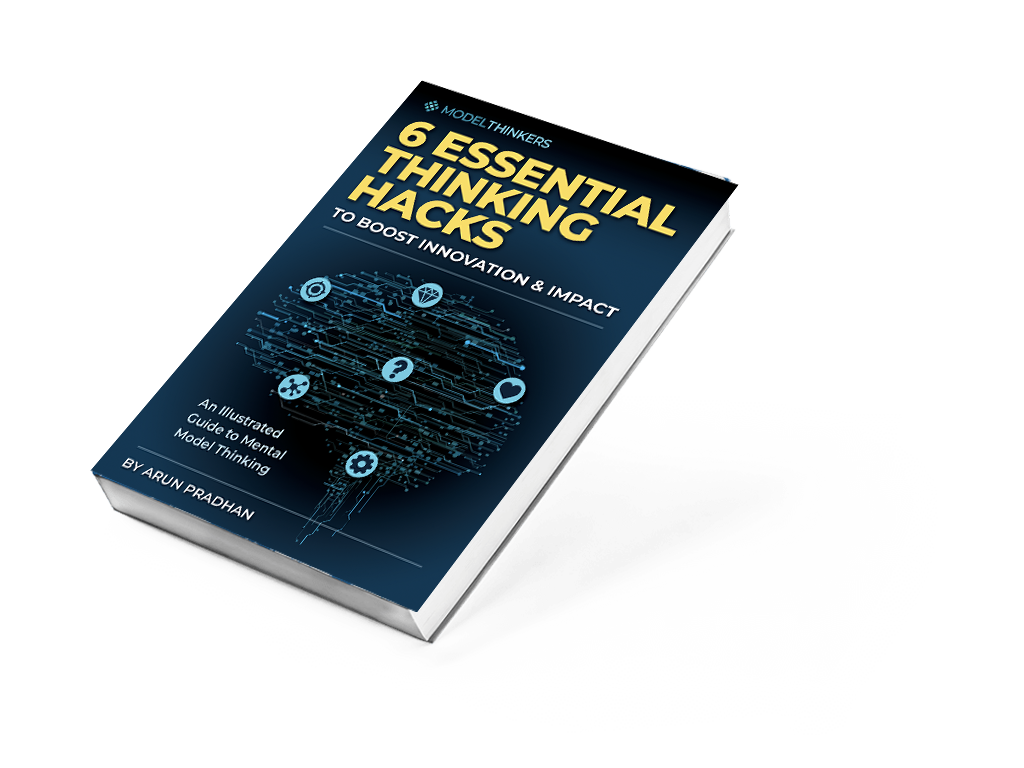Popular searches
Categories
Learn & Achieve
Collaborate & Lead
Deliver Value
Live Well
Make Better Decisions
Industry Knowledge
Sub categories
Learn & grow
Set & reach goals
Grow wealth
Be happy & healthy
Be more productive
Manage projects
Models

 0 saved
0 saved
 21.2K views
21.2K views
(1)
Share this with your network








Share this with your network




Overview
Love or hate them, there's no denying the impact of the big tech companies on our lives and world. From Amazon, Google, and even companies like SpaceX — these rapidly growing giants continue to transform, shape and influence almost everything.
So what lessons can we learn from their experiences? How can we unpack their agile practices, inventive ideas, and use those approaches elsewhere? Well, this is by no means a definitive list but it points to some of the gems we've gleaned so far.
This Playbook includes the following sections, select a heading to jump to that section.
TAKING THE PLUNGE
You've heard the stories - about how all of these companies started in a garage. So what were some of the early lessons behind their start up stories?
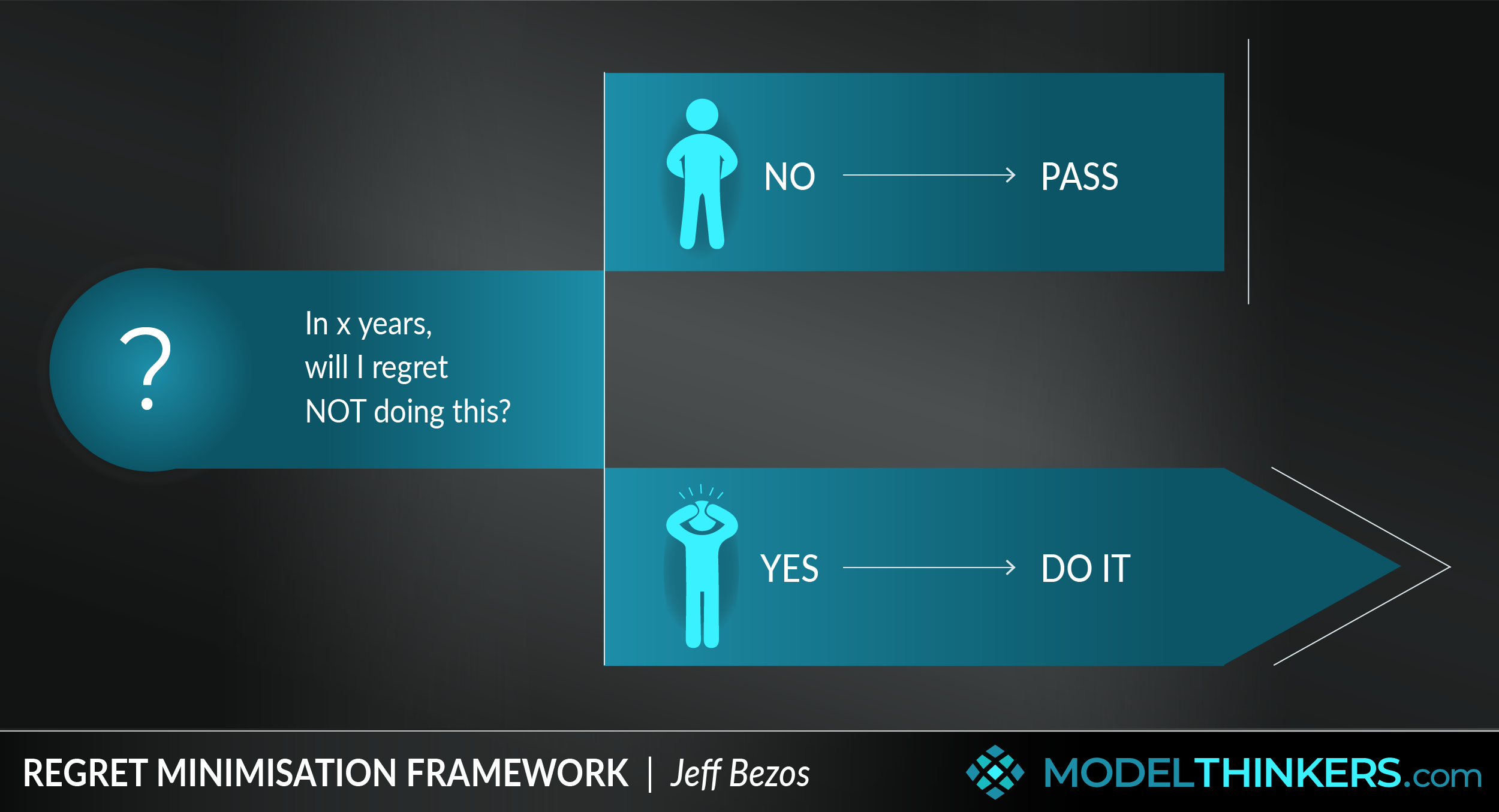

This simple and compelling model was the one that Jeff Bezos used to leave a good-paying salaried job and bet on Amazon.
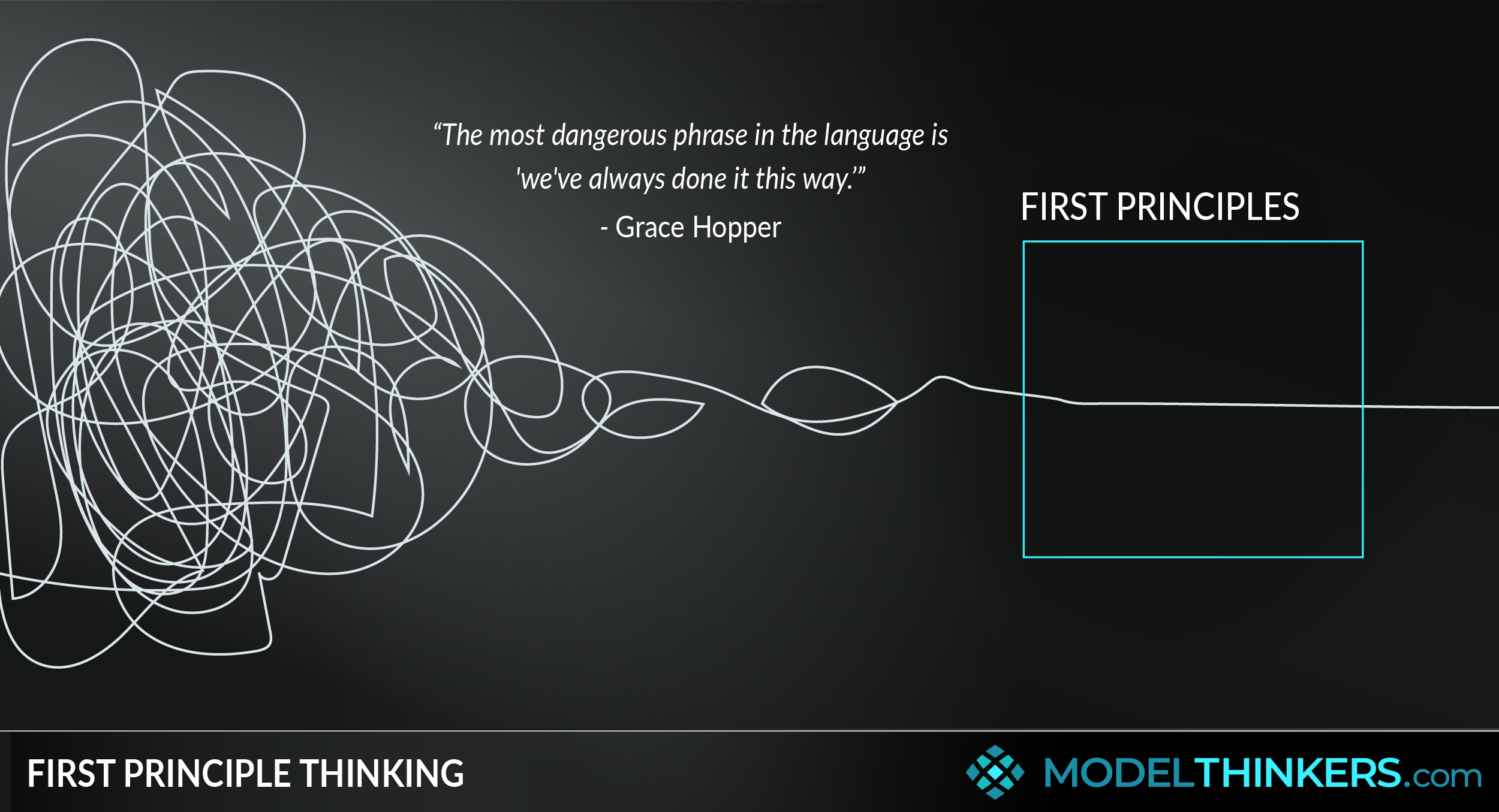
Elon Musk often cites this model as a crucial tool to reframe problems and go beyond common assumptions. It's a potentially disruptive approach and a must when challenging the status quo.
COLLABORATION & WAYS OF WORKING
Beyond the processes, these agile companies have uncovered other important lessons to deepen collaboration and impact.
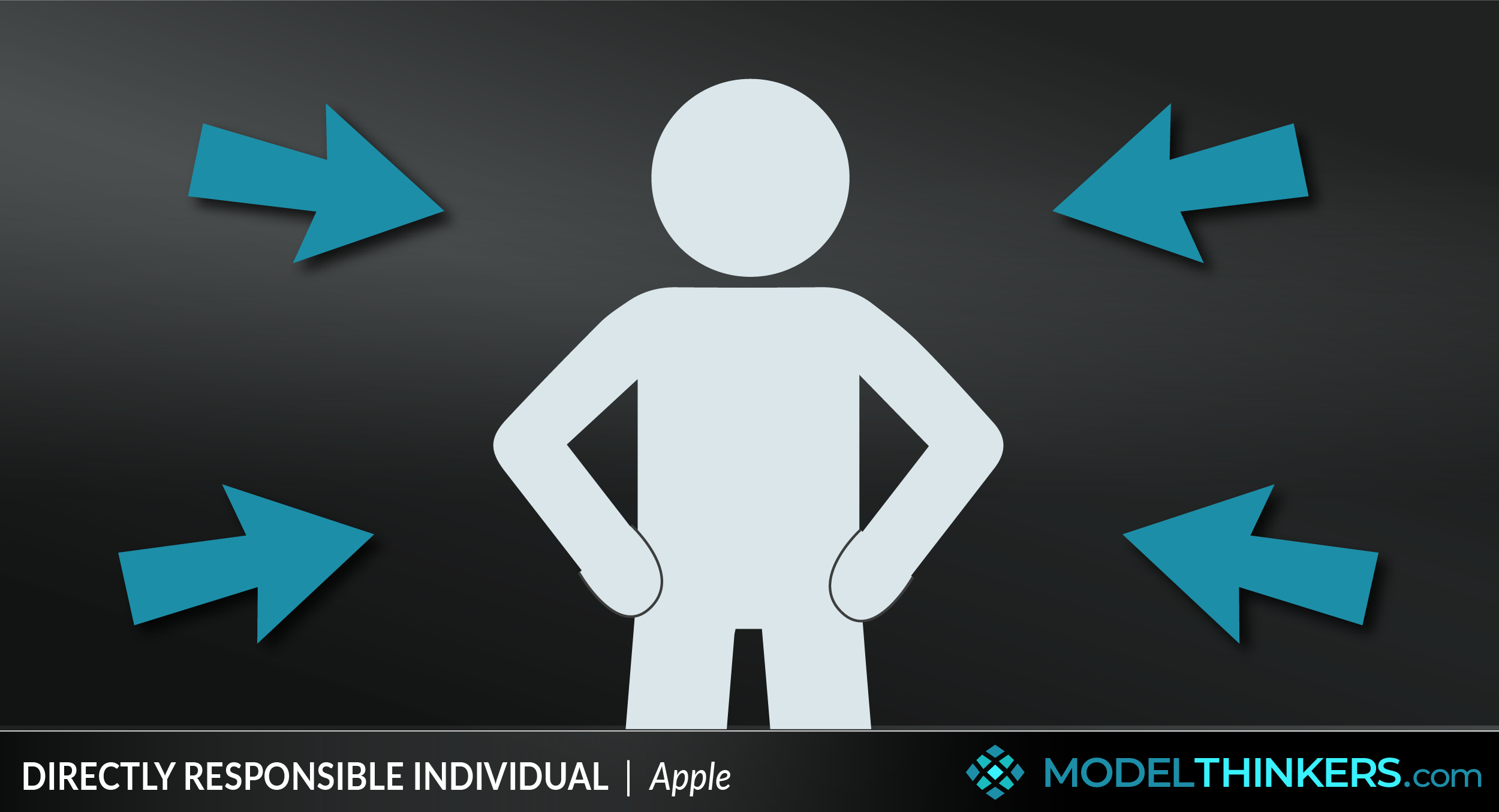

Steve Jobs adopted this method across Apple to help foster greater accountability.
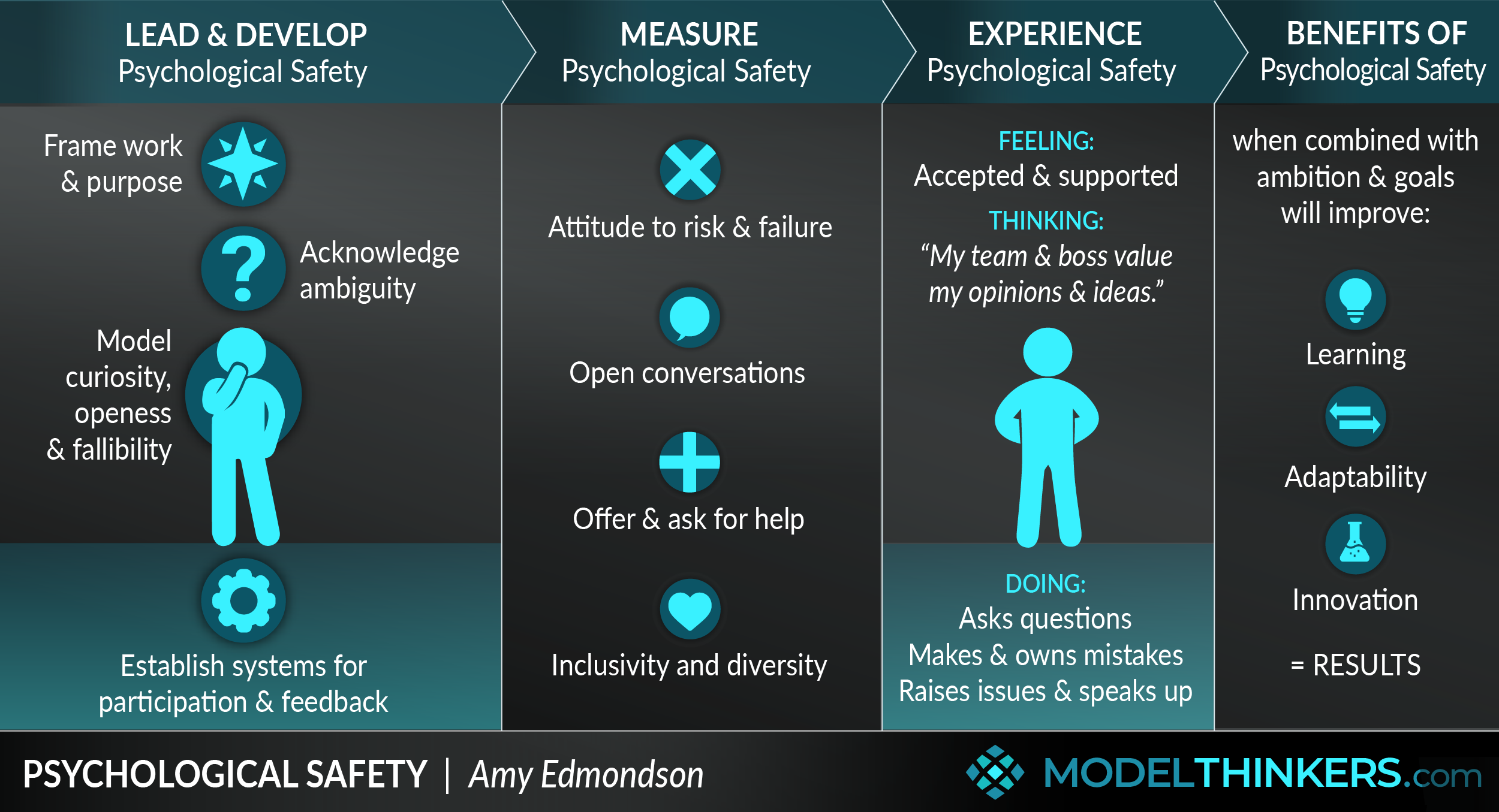
Google's Project Aristotle famously identified the key factor behind high-performing teams as Psychological Safety. Click into the model to find out more.
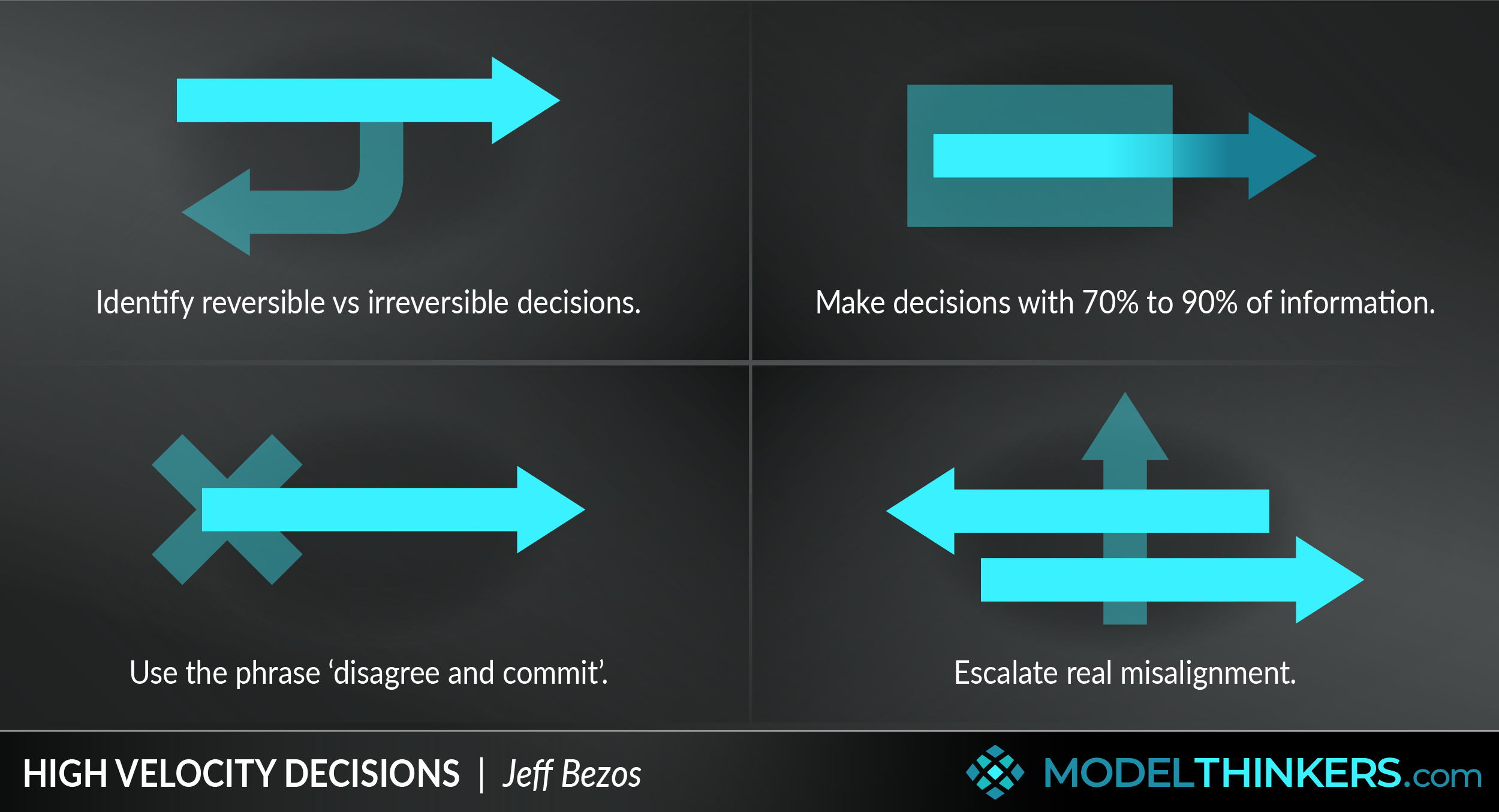

Bezos' model aimed to create a 'Day One' company, even as it was scaling to unimaginable growth. His decision model is focused on achieving a 'bias to action' and cut through beurocracy.
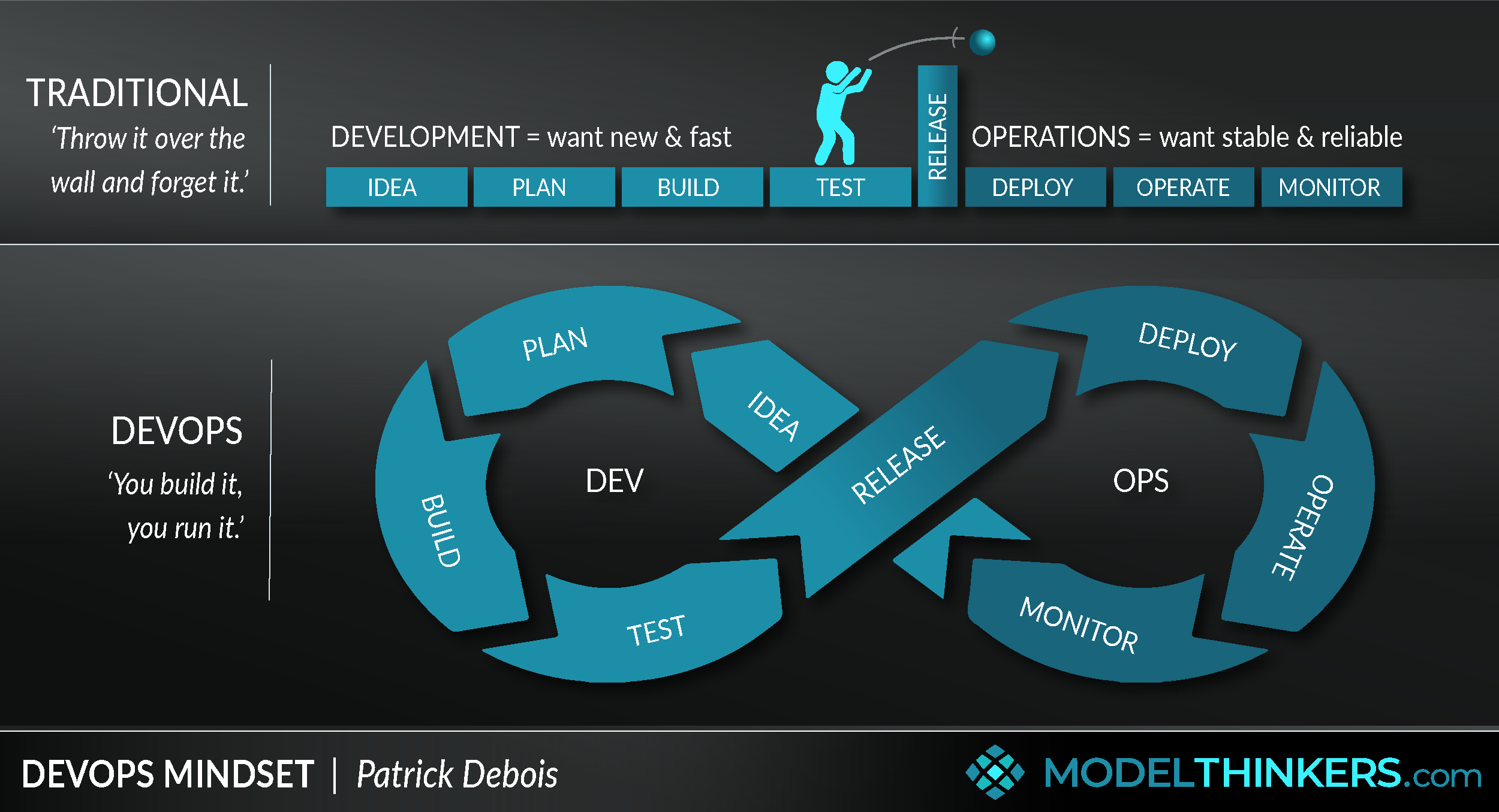
A relatively recent addition to Agile methodology, this approach looked at the end-to-end process and breaking down traditional silos in organisations.
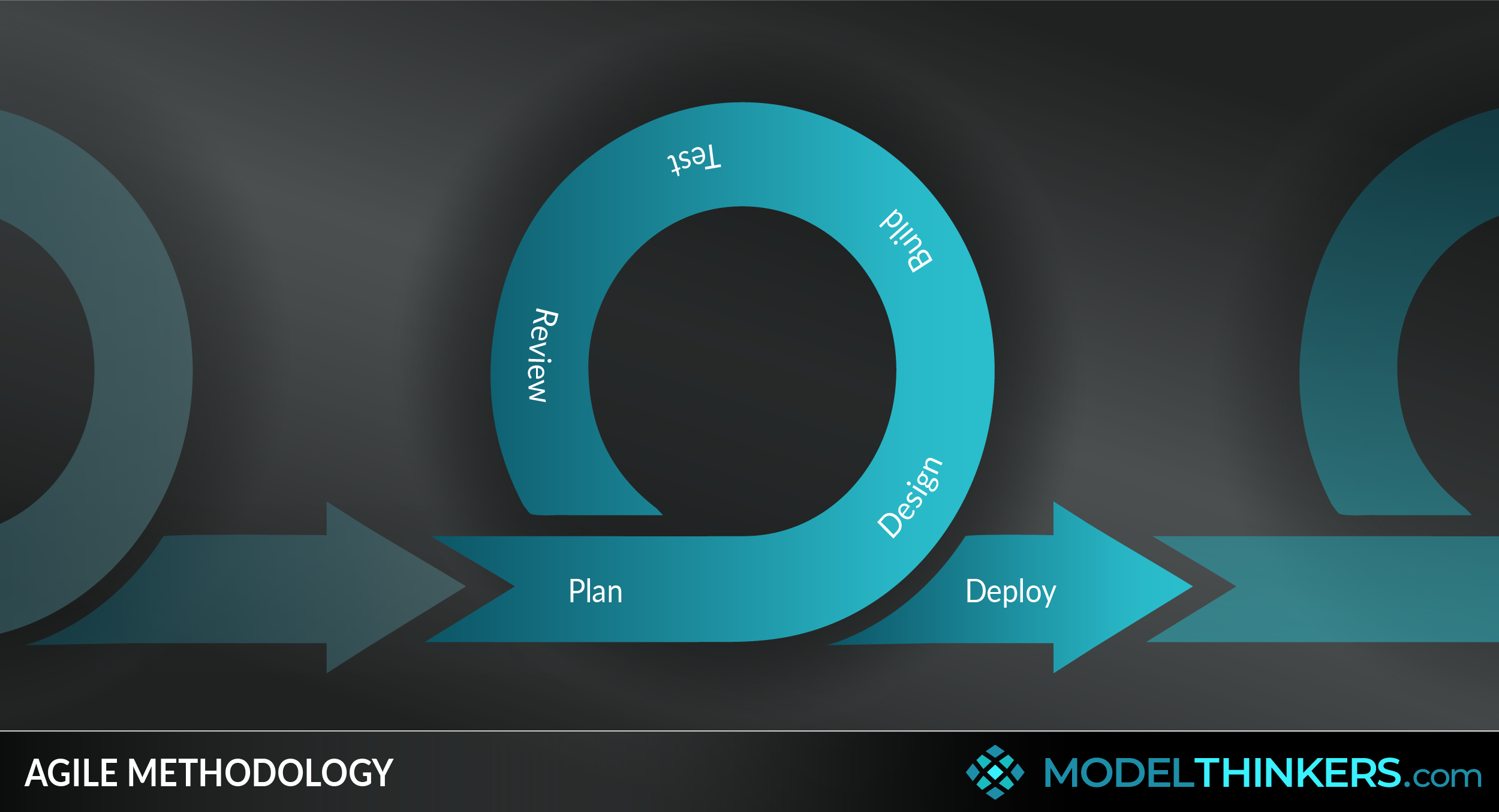
Agile methodology was born from software companies, click into this model to also explore Kanban, Scrum and other related models.
WORK PROCESSES
Software companies have led the way in reinventing the way we work and deliver on customer needs.
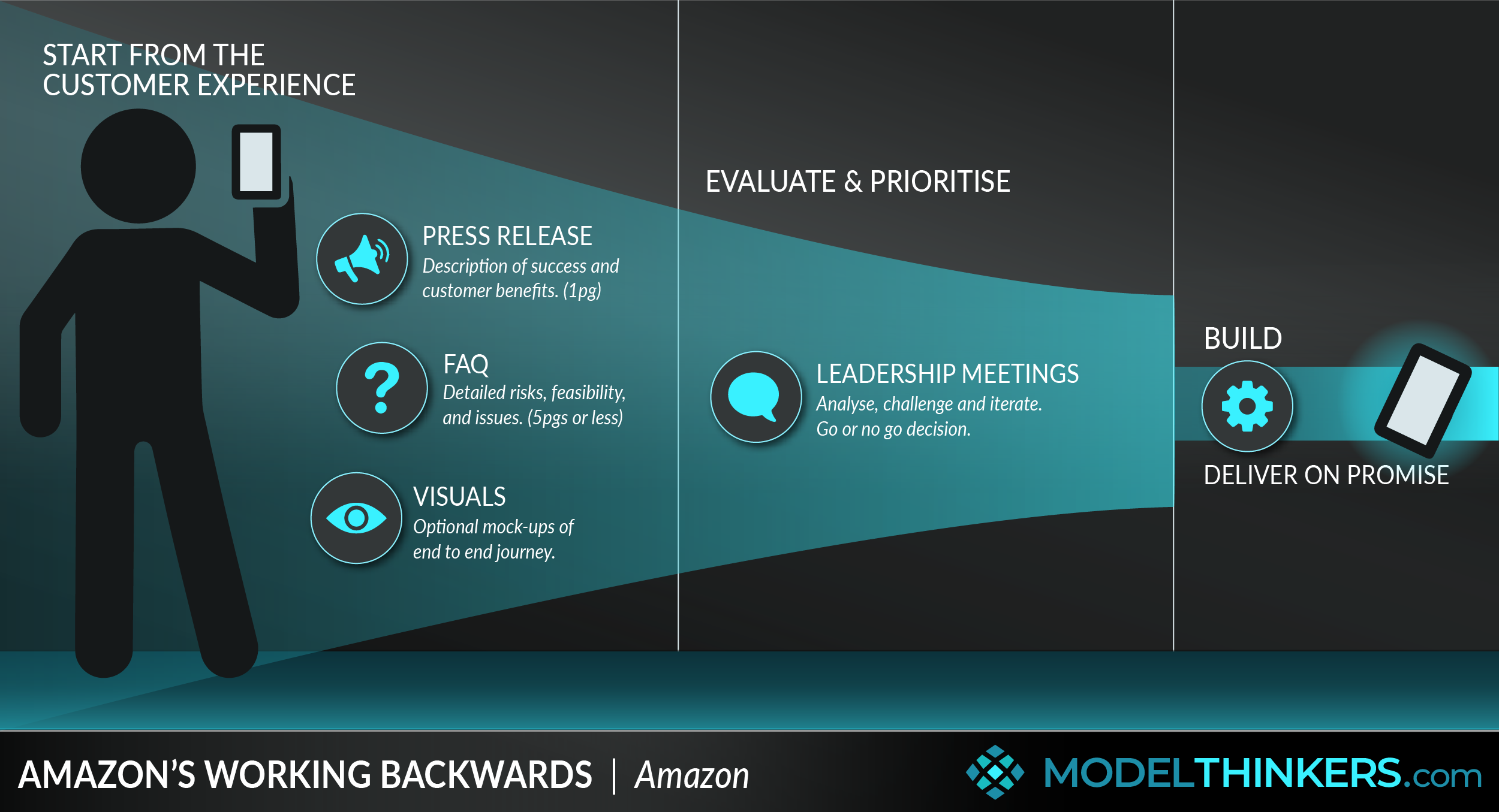
Amazon's obsession with customer-centricity means that they start and end there. Creating press releases and FAQ documents to test the value of the proposed project or initiative upfront, it also aligns the team if it does get to build.
Find out more about Amazon's Working Backwards and add it to your Latticework of Mental Models here.
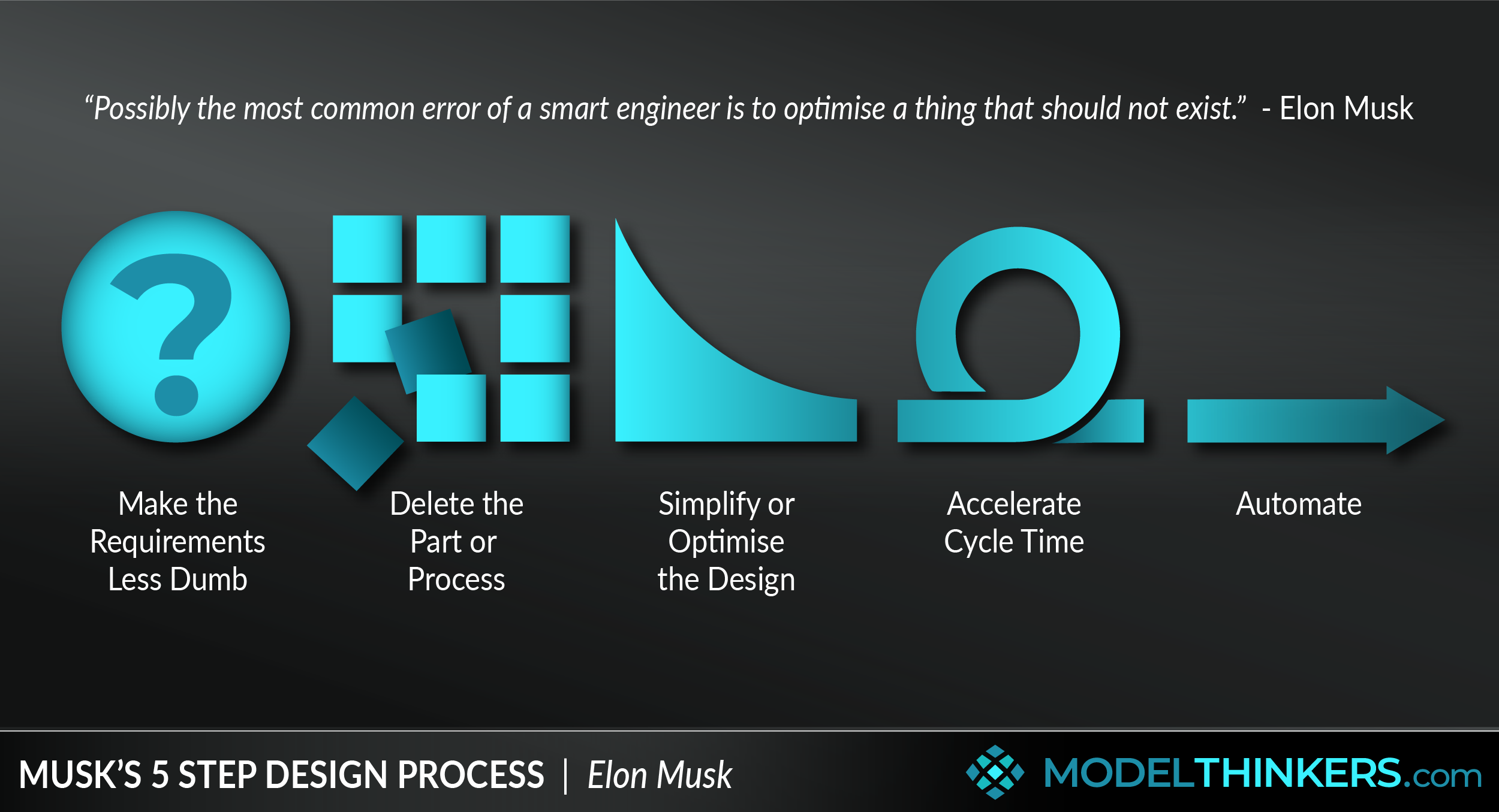
Elon Musk's 5 Step Design Process was developed from his work (and mistakes) at Tesla, and has been more consistently applied at SpaceX. It's transferable to a range of businesses and projects.
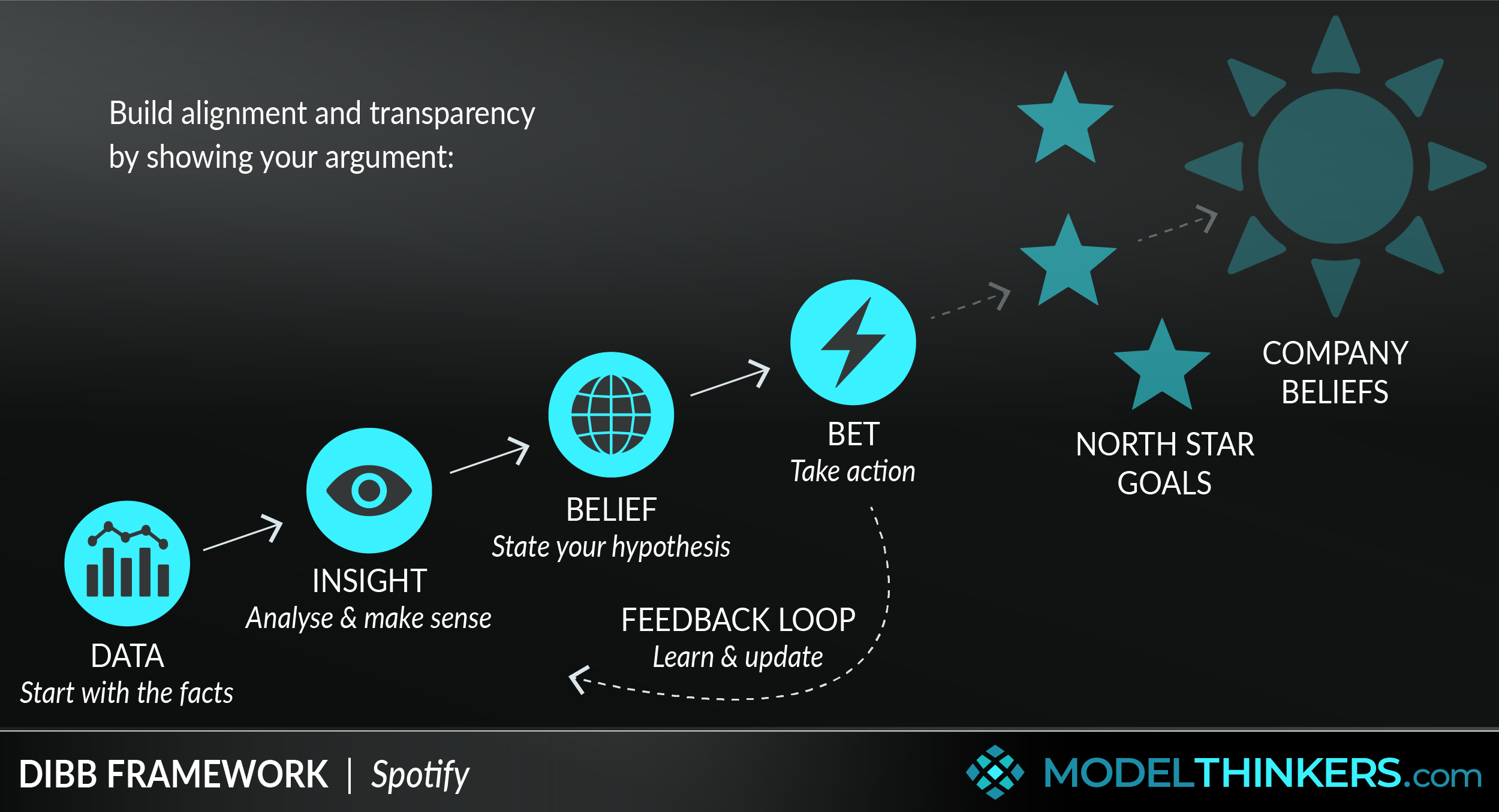
Not keen on Musk's approach? Then you might want to consider this Shopify approach to building a data-driven culture of innovation and learning.
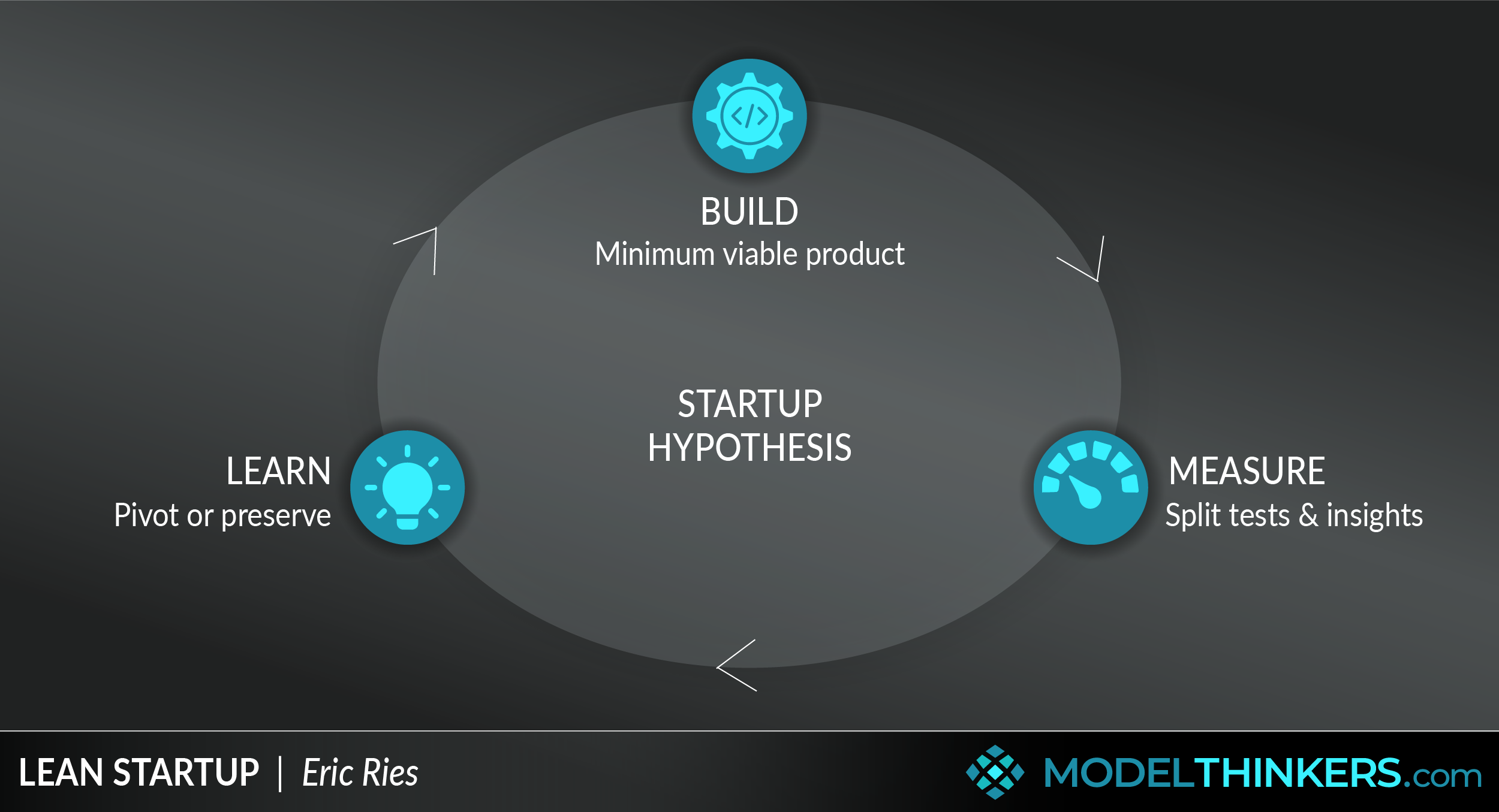

The Lean Startup captures modern tech startups that have been reflected in broader business - particularly of focusing on a Minimum Viable Product and working with quick cycles to better meet customer needs.
AND TWO 'LAWS'
Not really real 'laws' but these concepts do represent interesting observations and things to keep in mind that are related to the rise of technology companies.
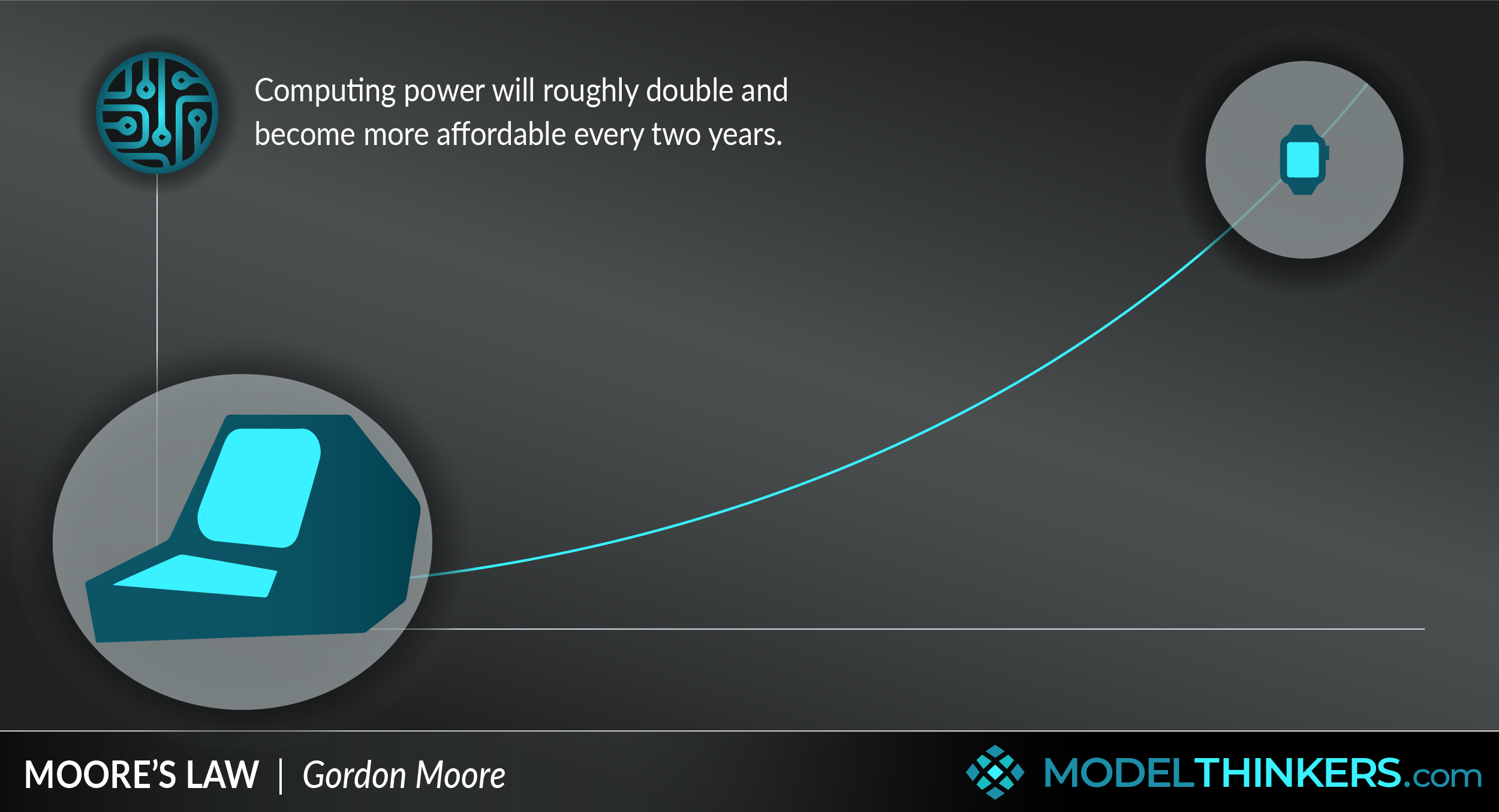

And a model to help understand the driver behind our continued digital disruption – capturing the speed of technological advancement.
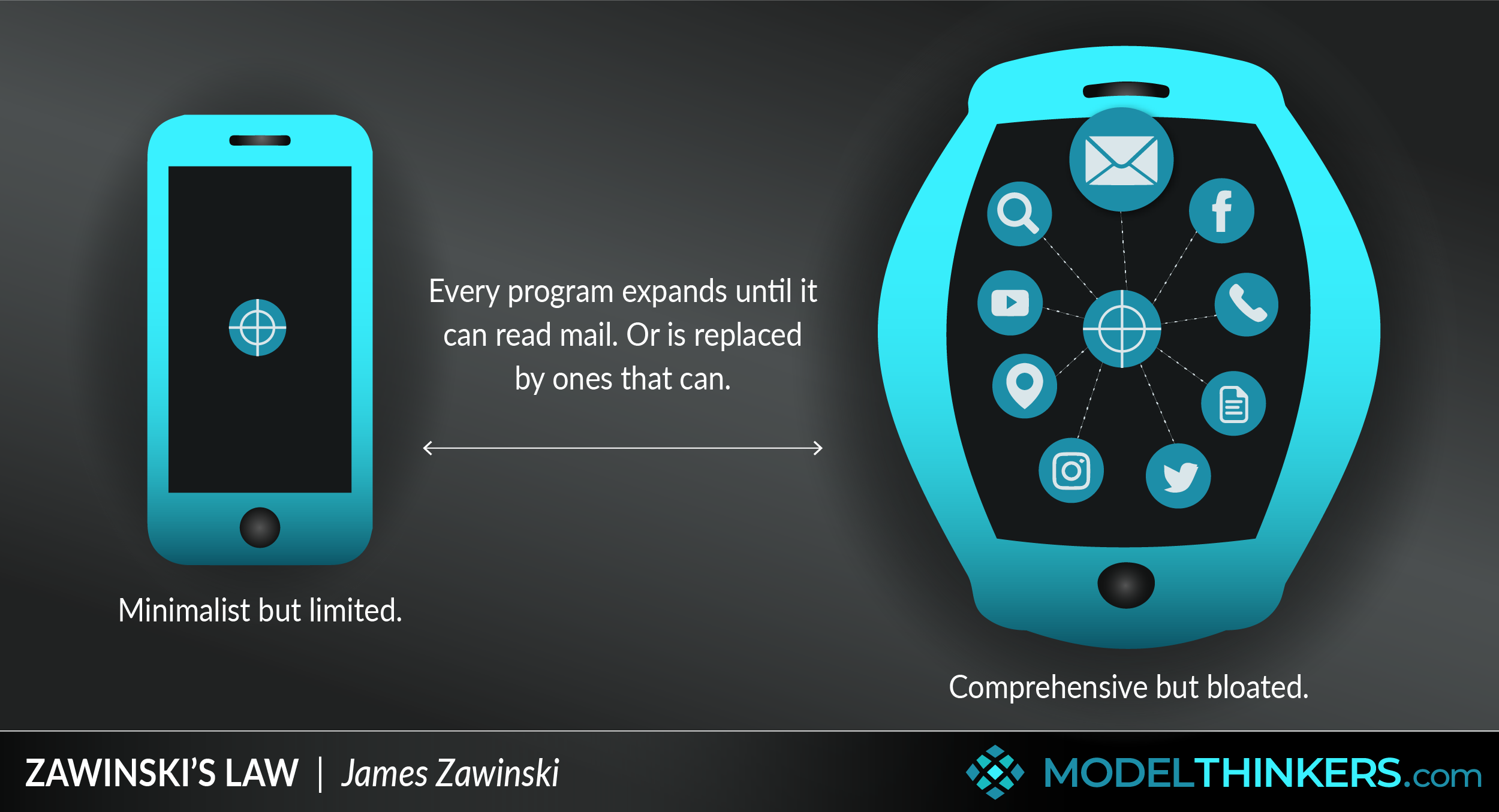
A funny one to throw in at first glance, but it was a lesson from early tech companies – specifically from the days of Netscape.
Premium content
Please do login or sign up to see premium contect
Subscription expired!
Please renew your subscription to access this feature.
 My Notes
My Notes
Delete note
Nothing here yet. Join ModelThinkers and login to be the first to comment.



